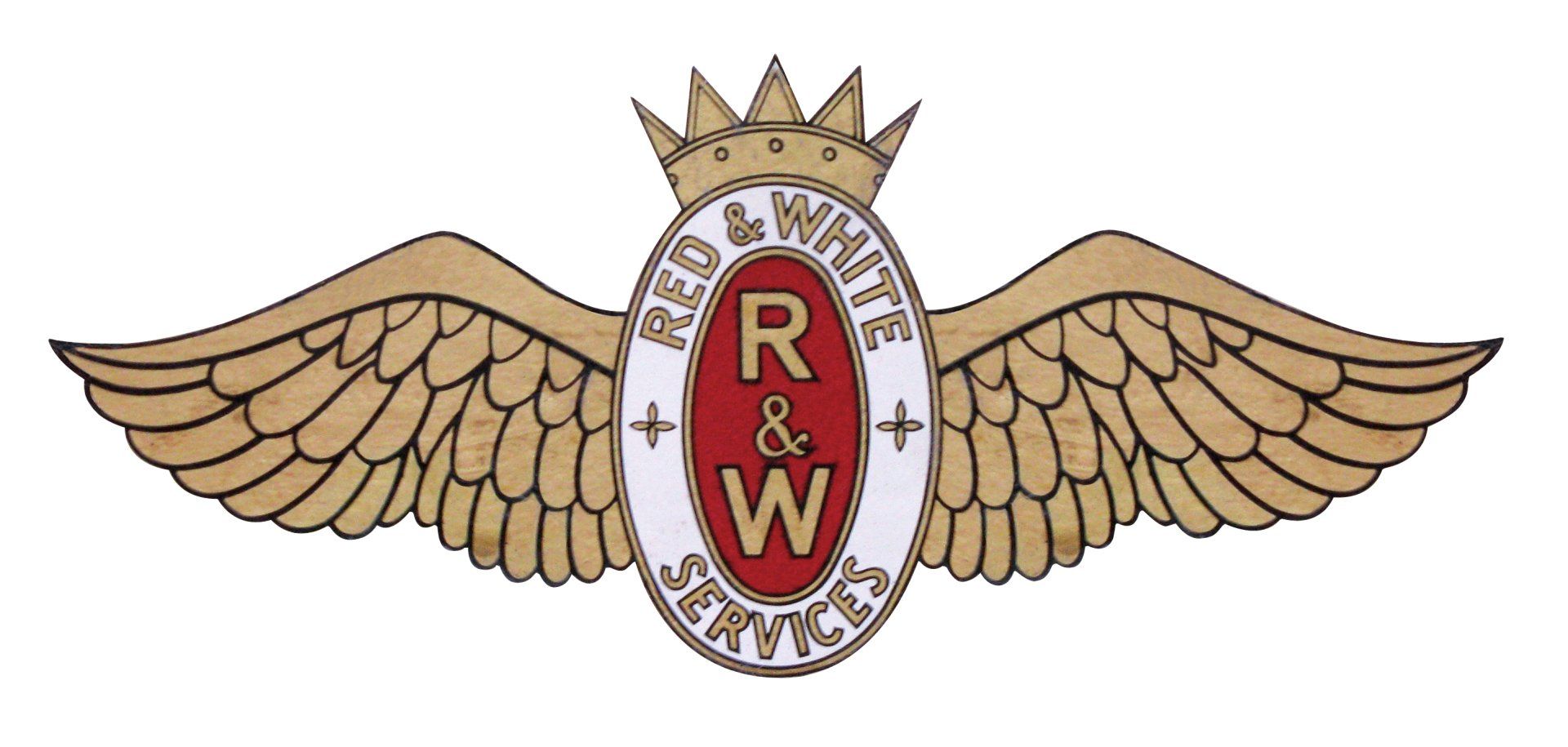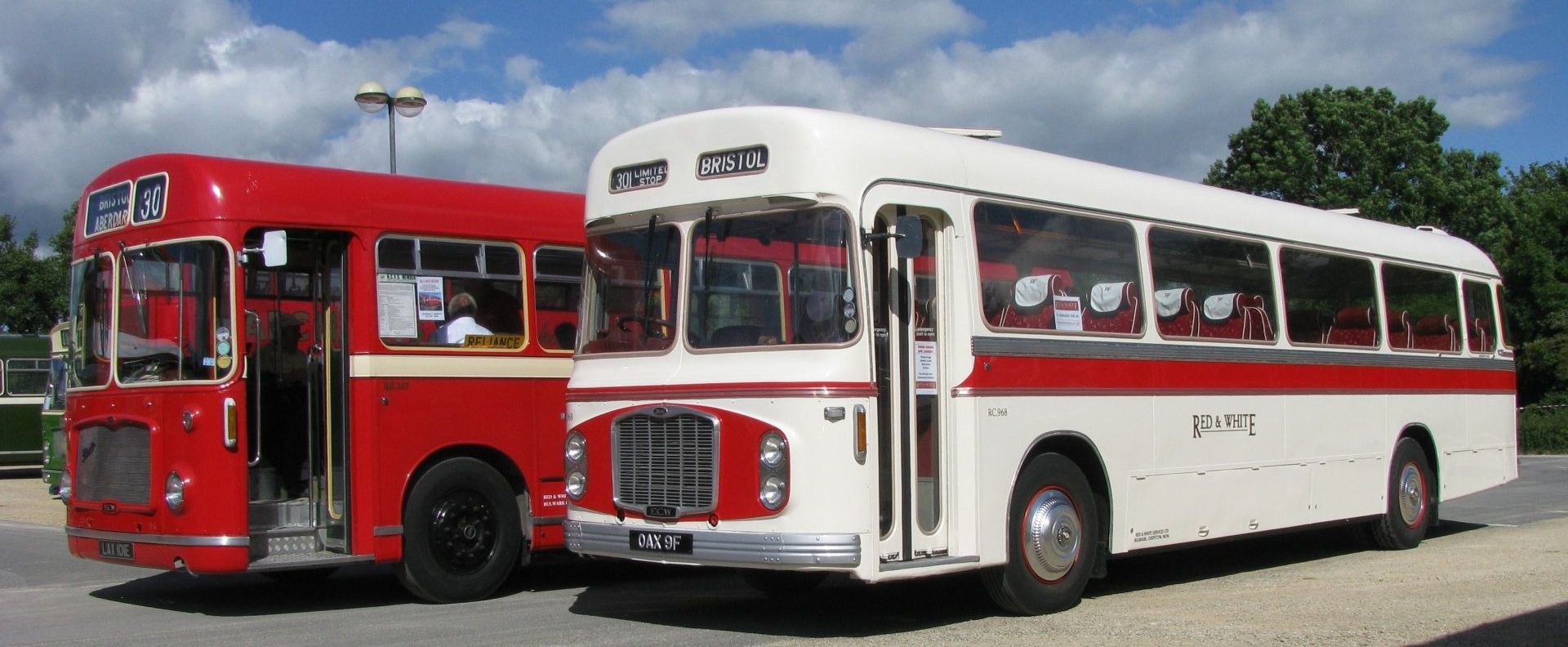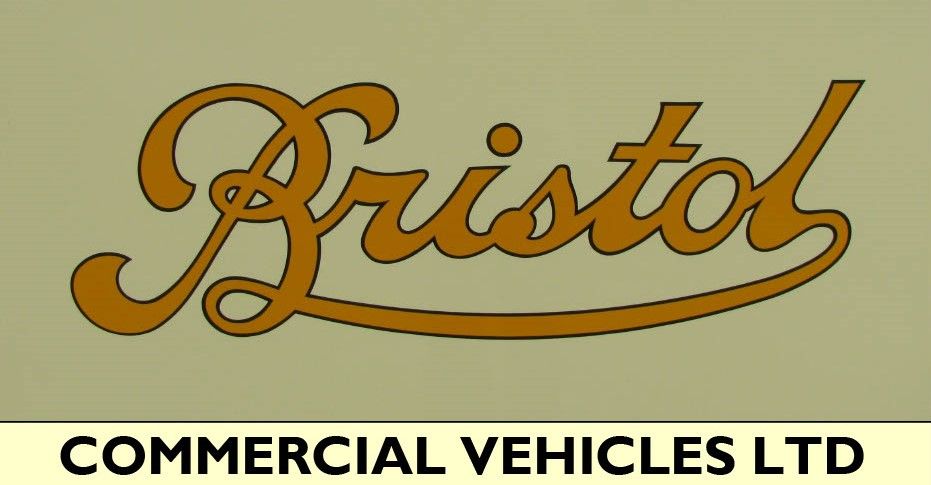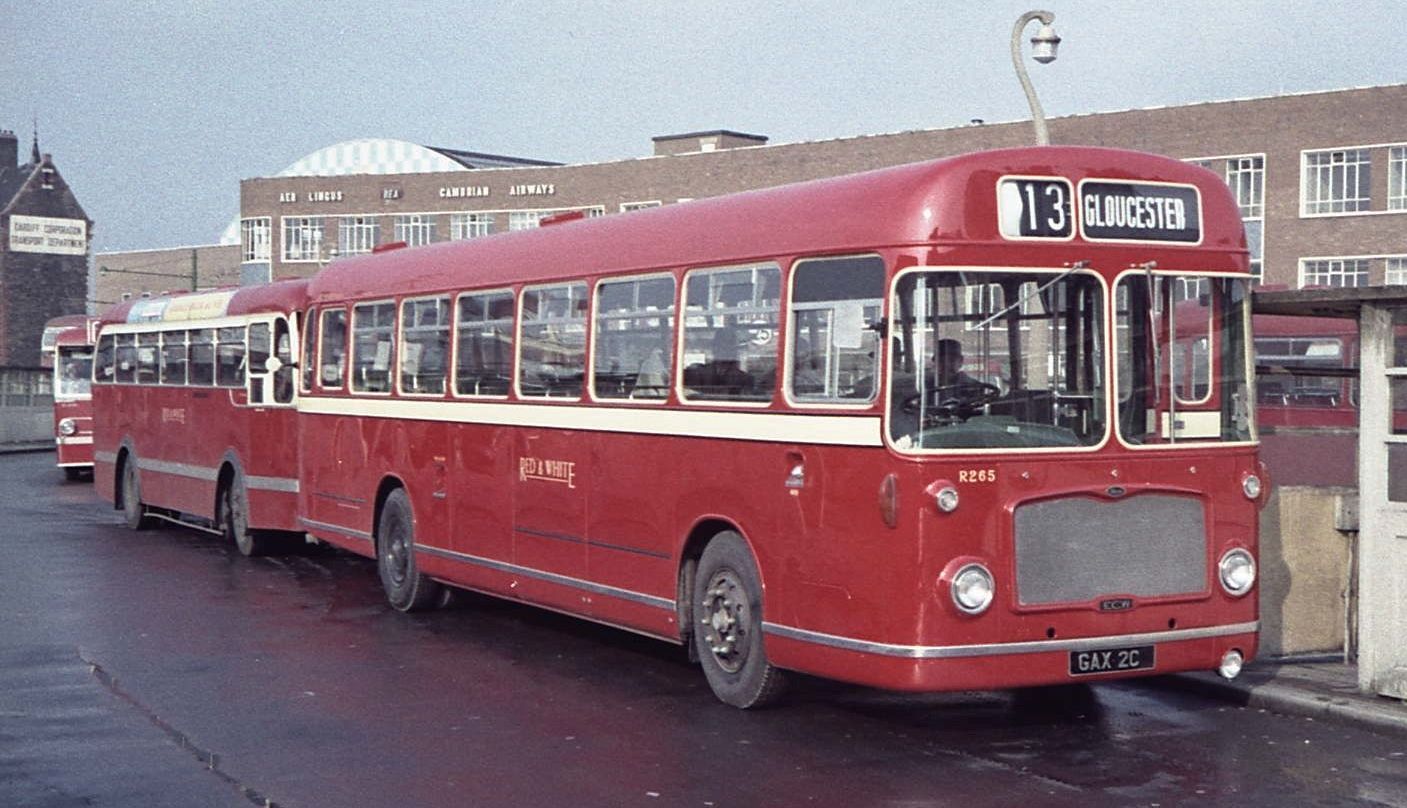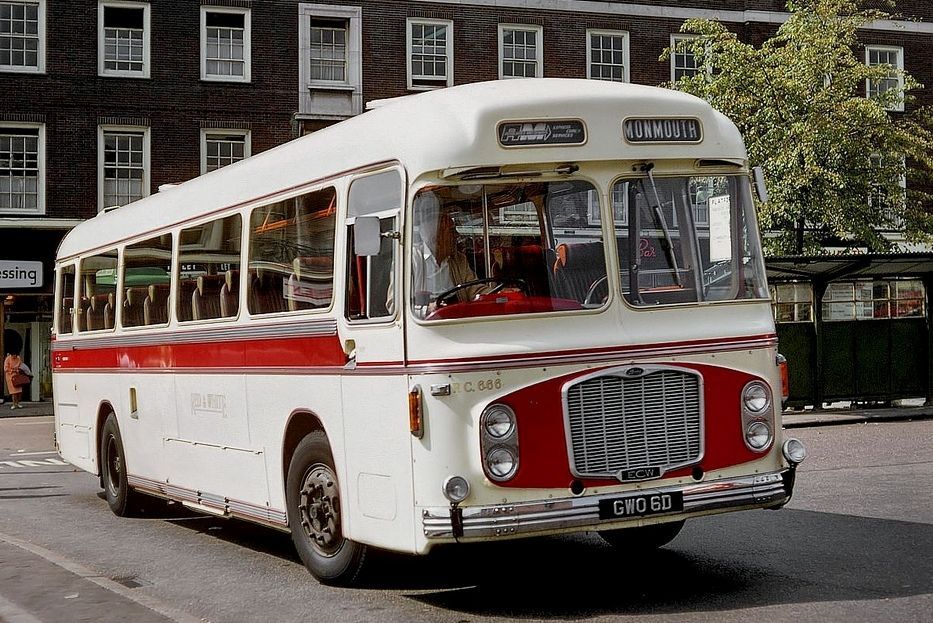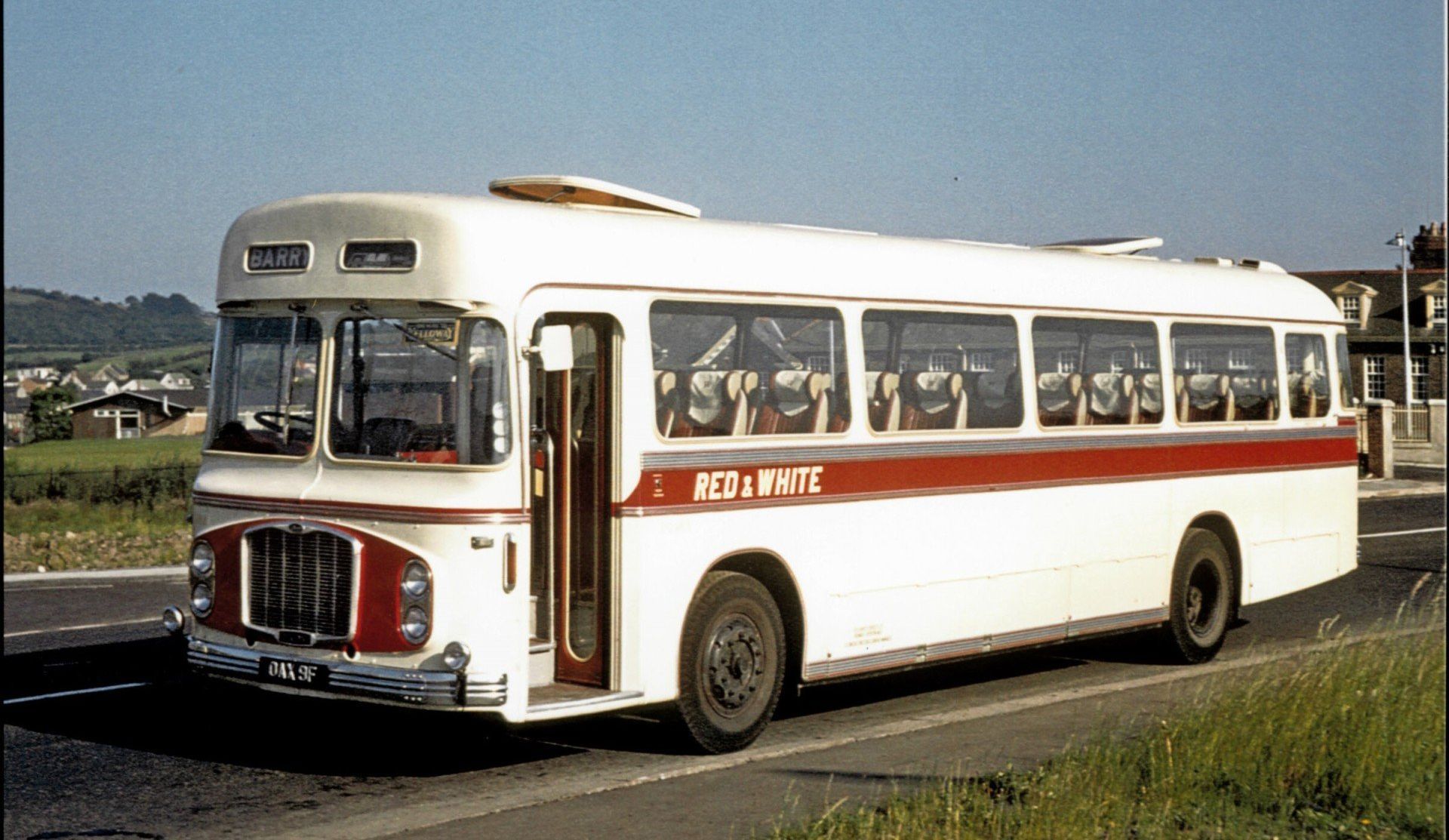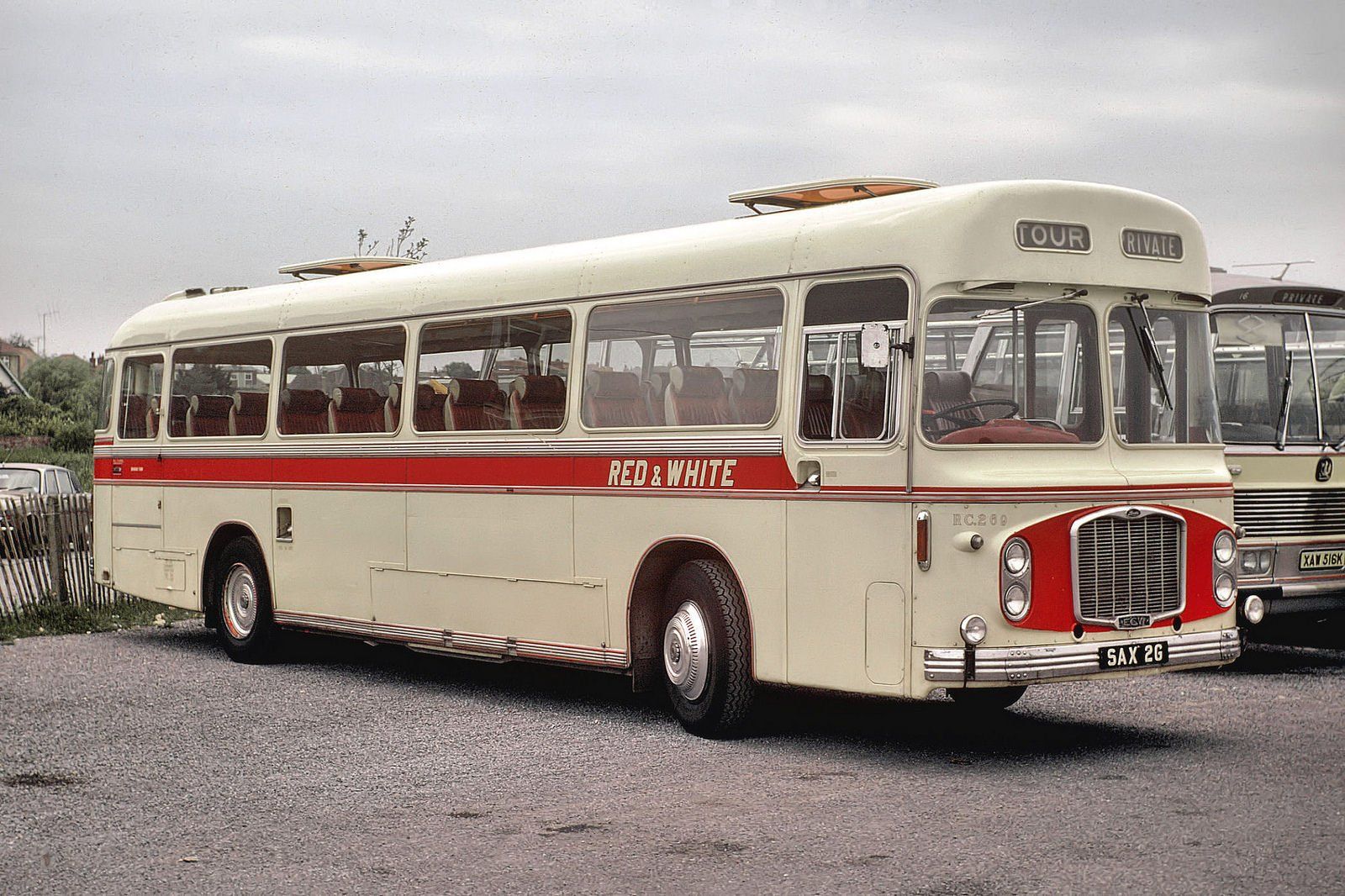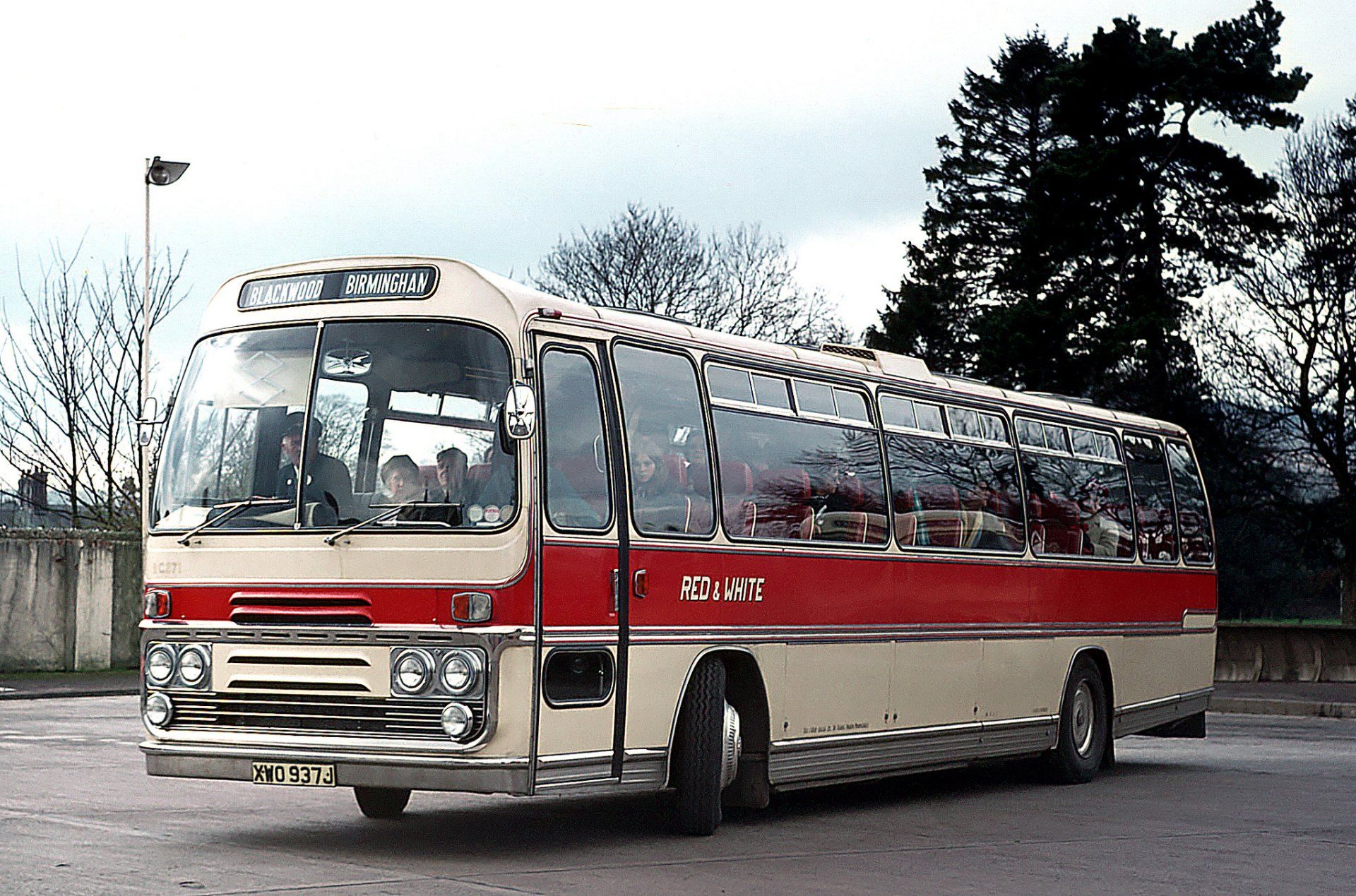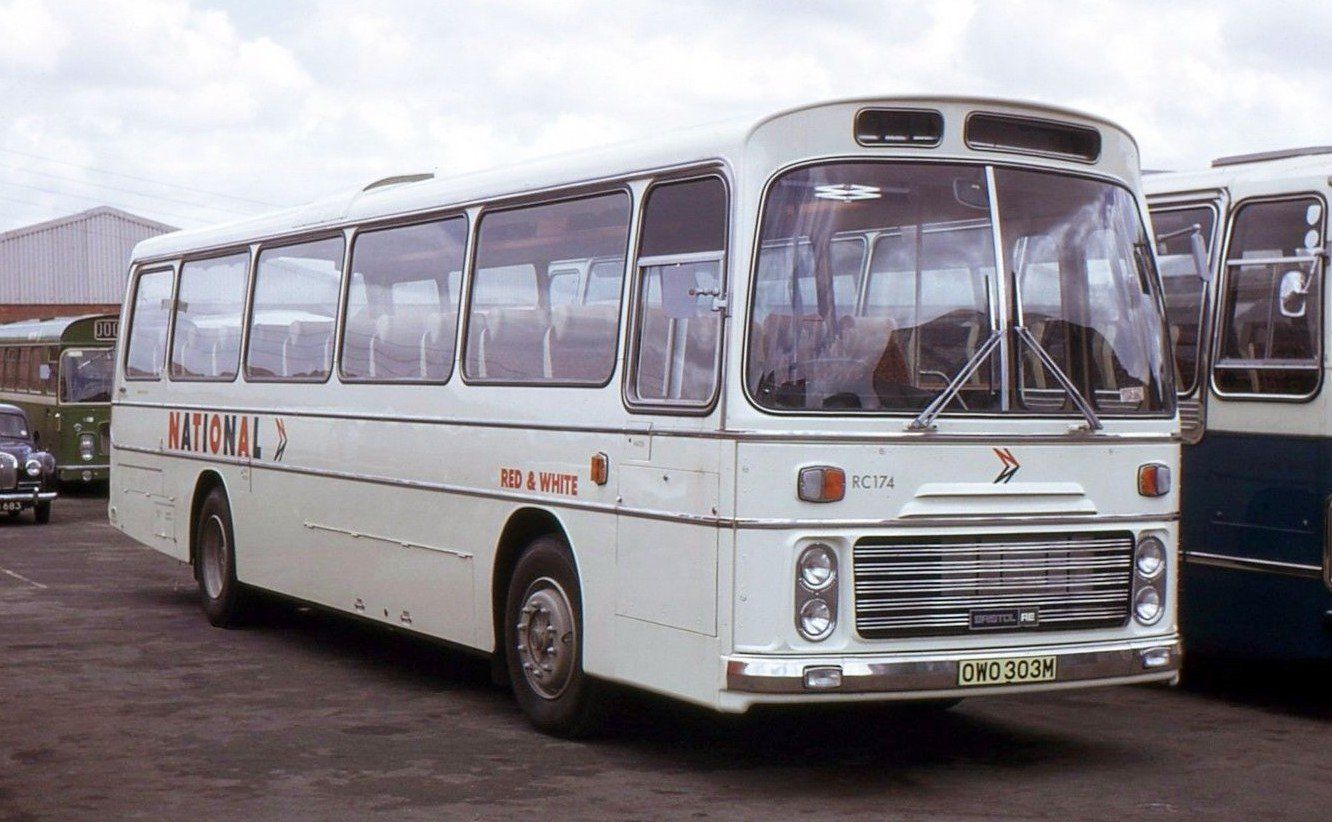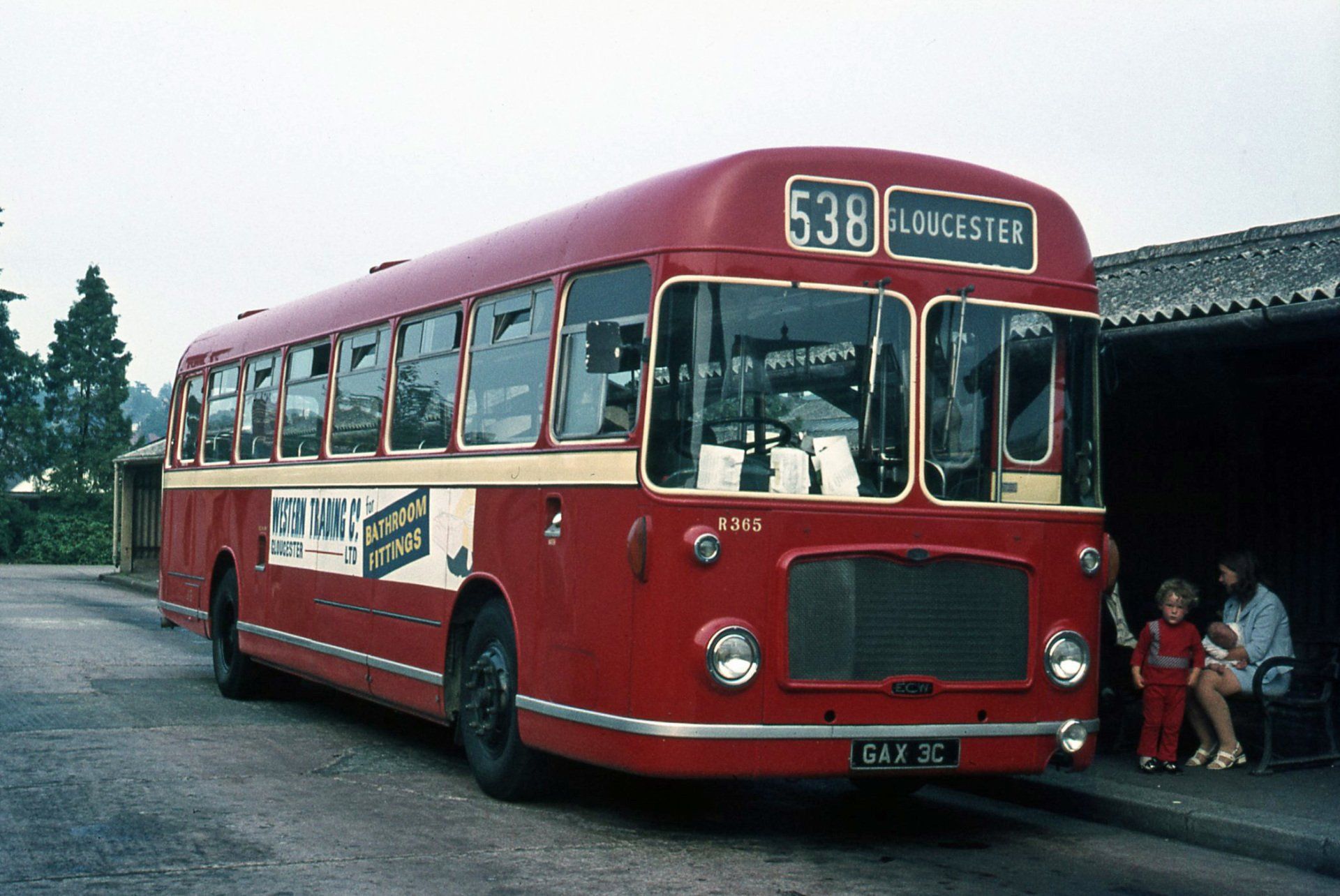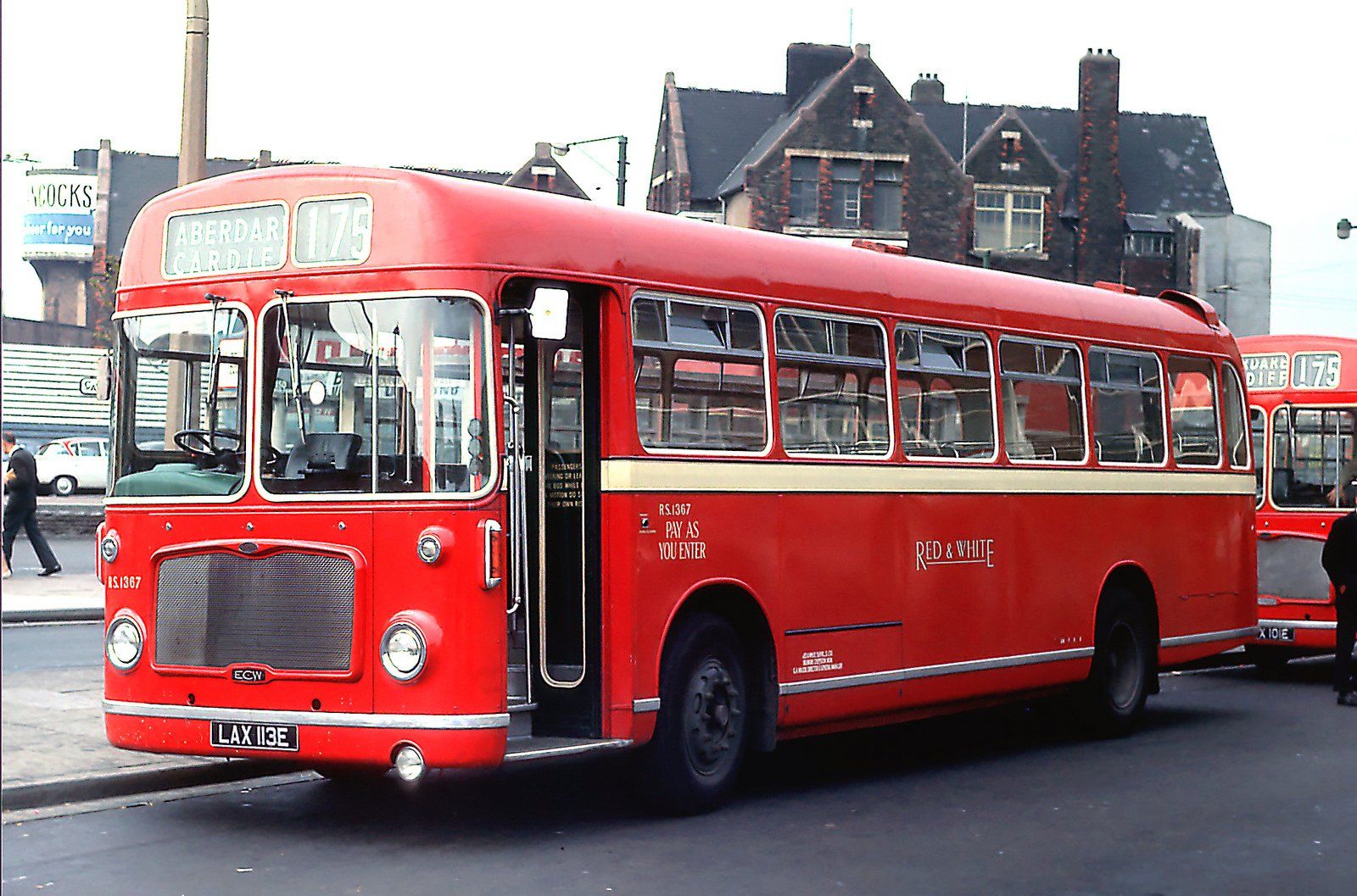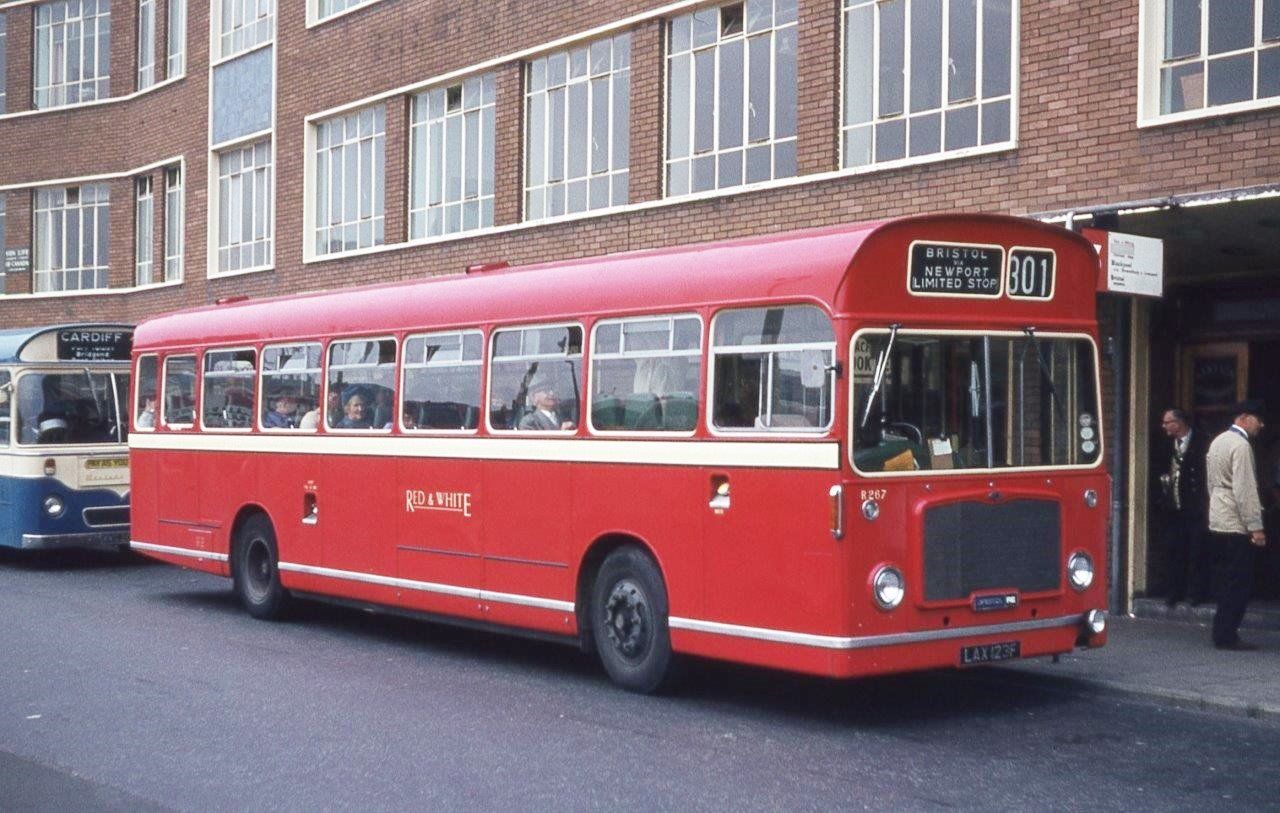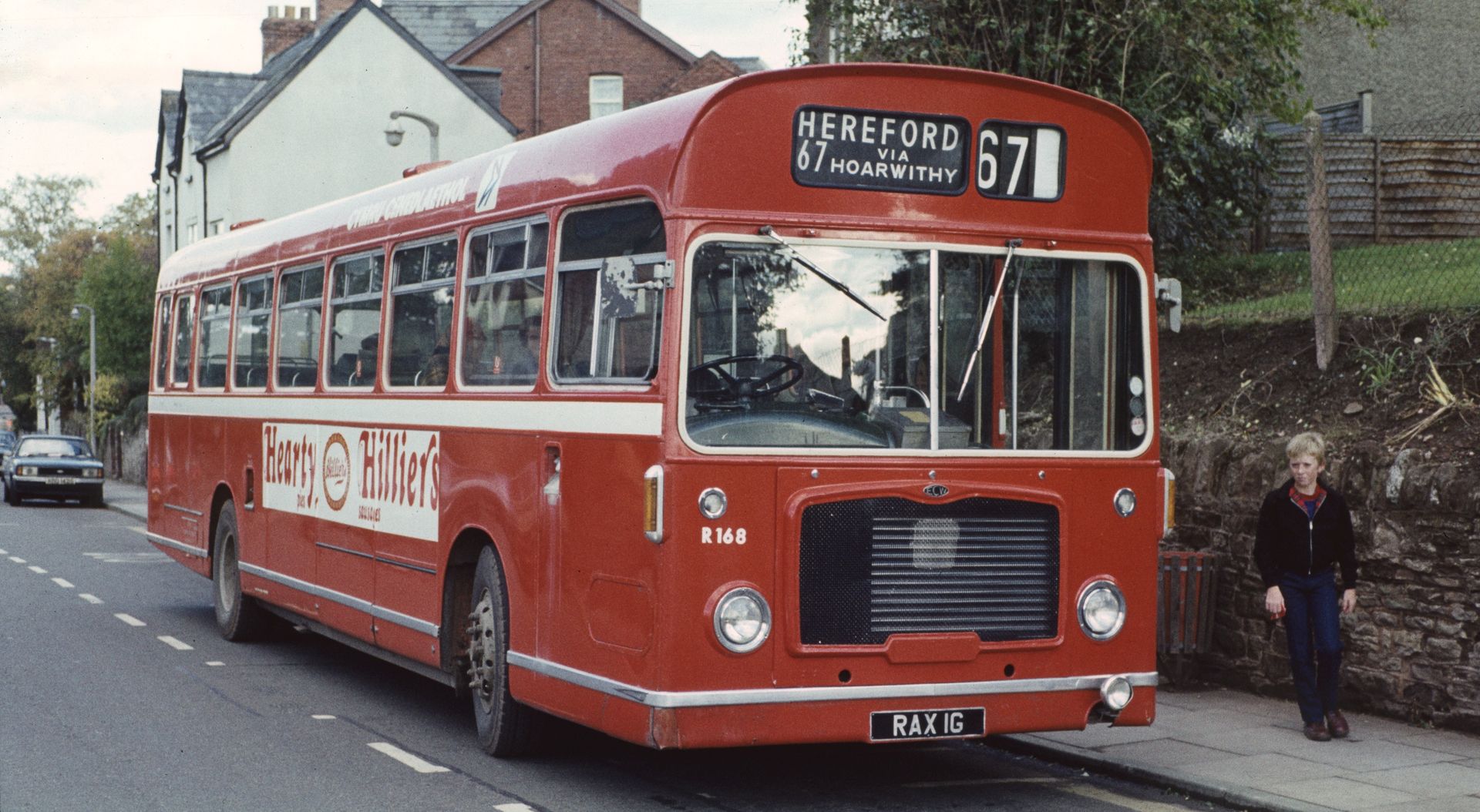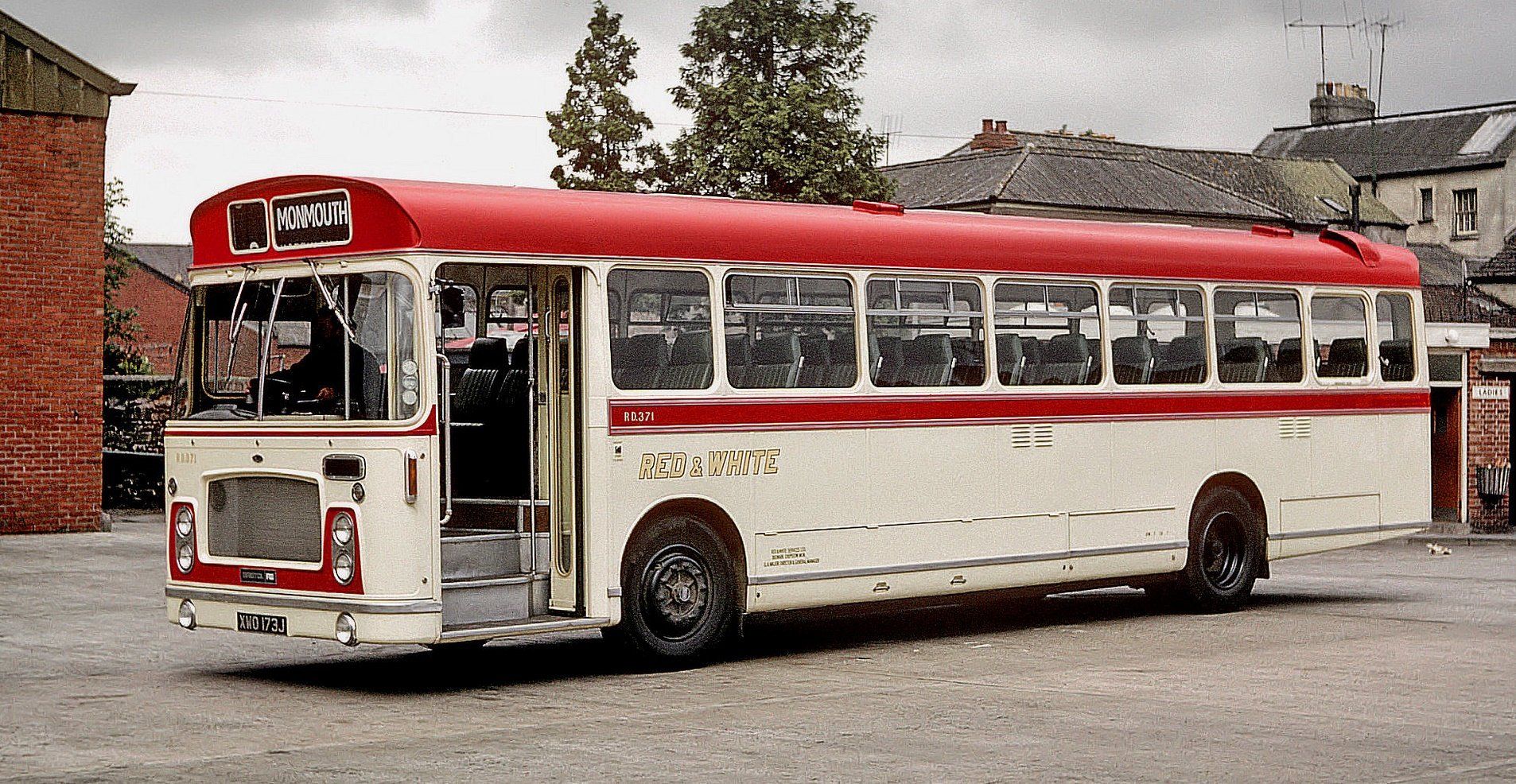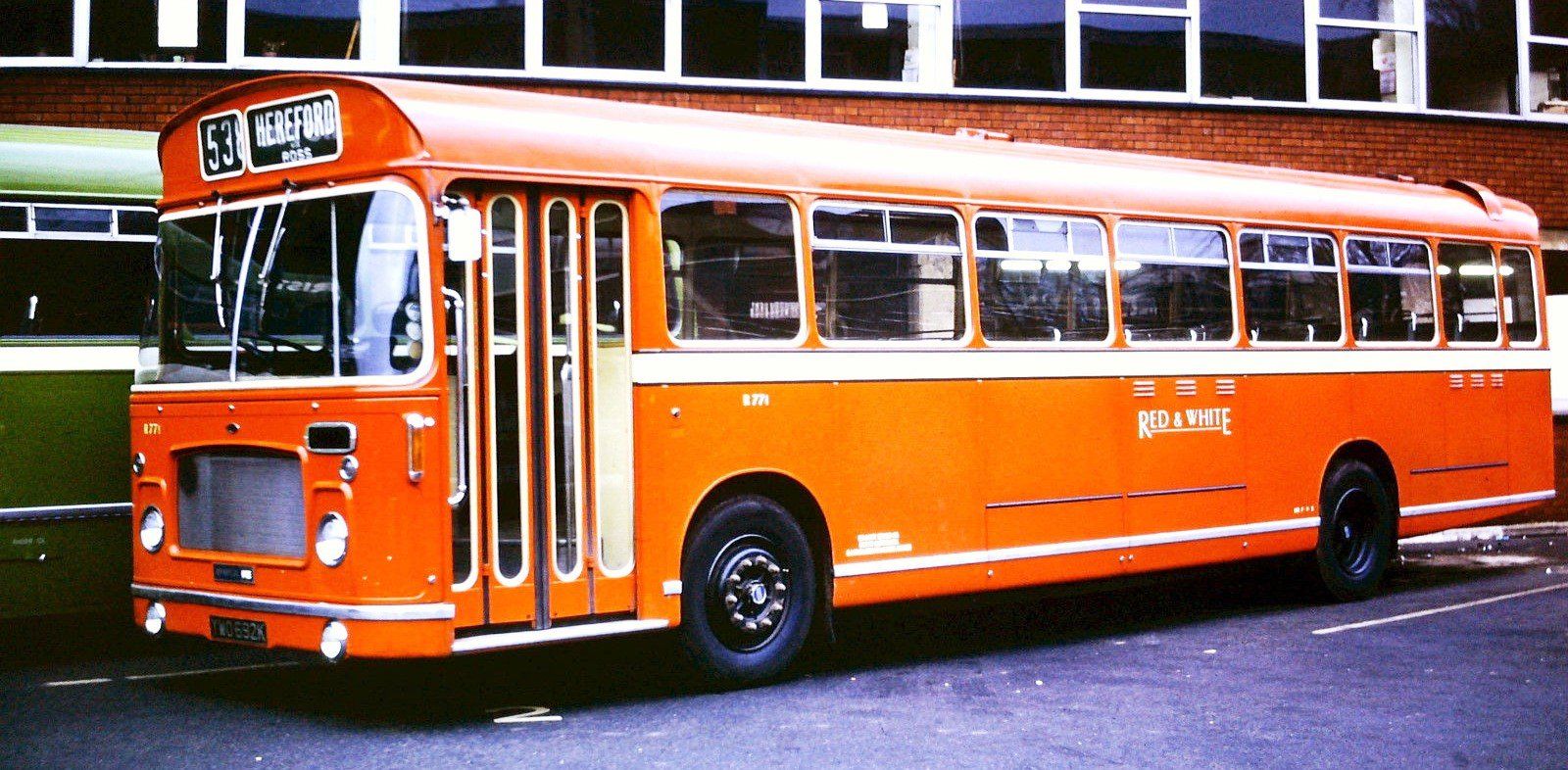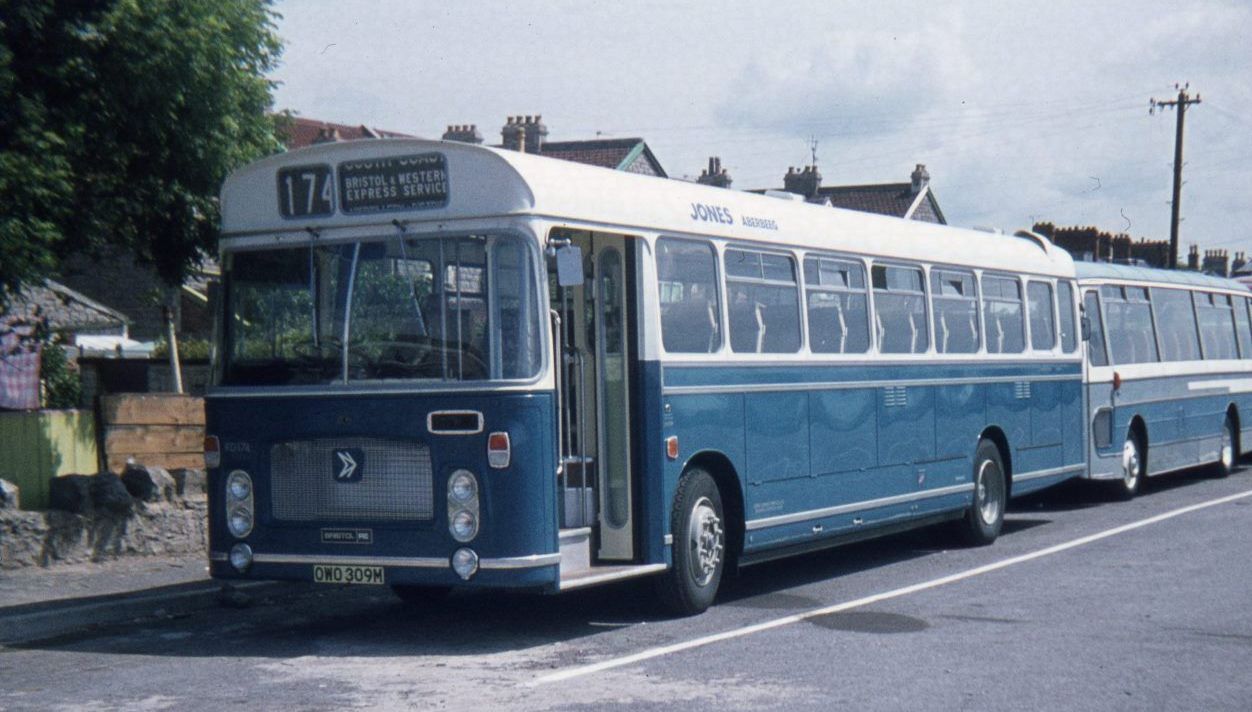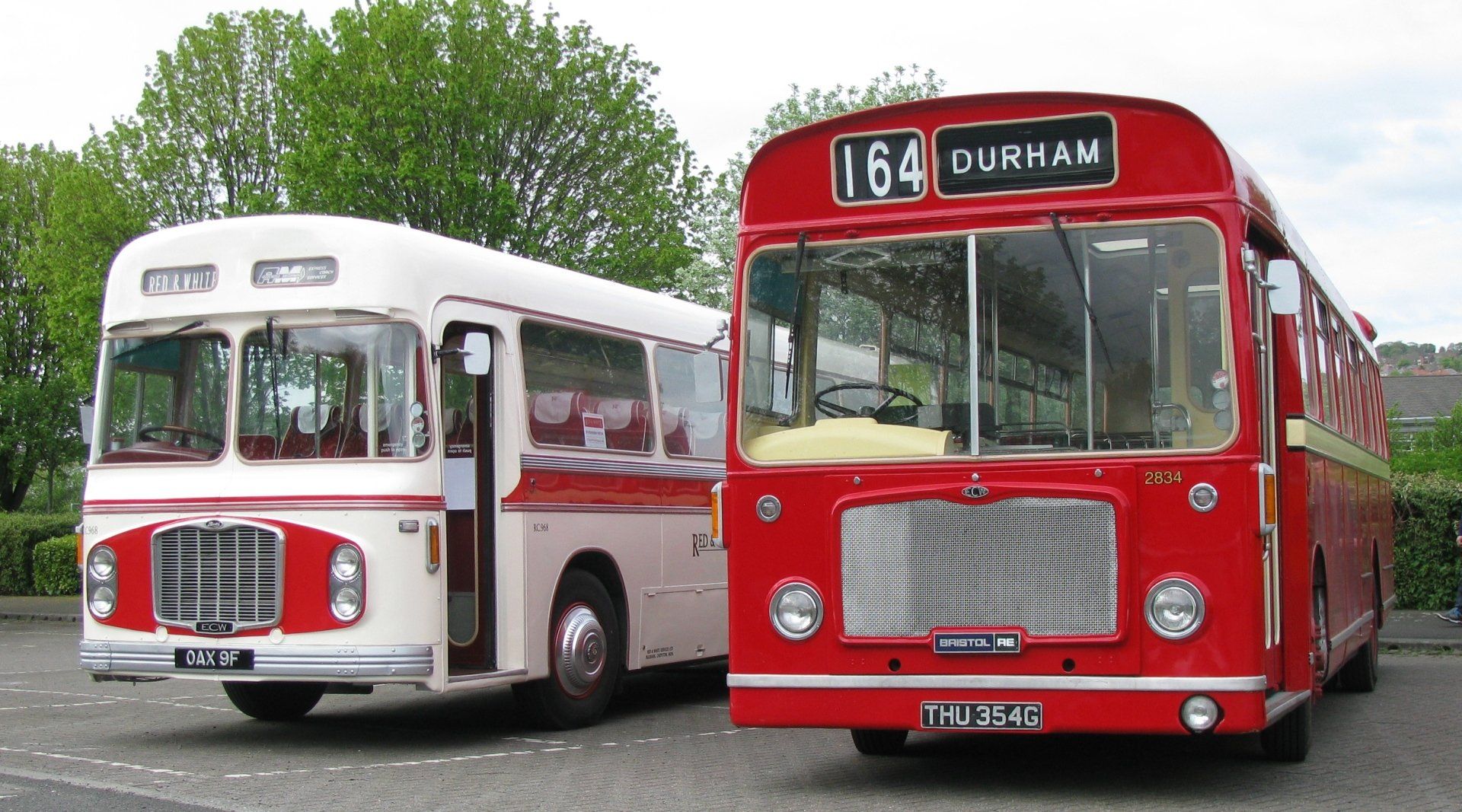In 1965 RED & WHITE decided not to buy any more double decker's. The likely reasons for this decision were:
- Bristol RE buses seat 54 passengers, making decker's less necessary;
- Bristol RE's offered cost savings - they could be one man operated (without a conductor);
- declining passenger numbers meant there was less need for the seating capacity of decker's;
- they had 72 Bristol 'Lodekka' (LD, FS & FL) double decker's that would be in service into the mid-1970's.
60-Years Ago
In September 1965 the first BRISTOL RE's for RED & WHITE started to arrive. They were eleven BRISTOL RELL's, 36-foot long low frame models. They had:
- Gardner 6HLW engines;
- 5-speed manual gearboxes;
- air suspension;
- seated 54-passengers;
- ECW bus bodywork;
- electrically powered entrance doors.
Registered GAX 1C to 11C with fleet numbers: R165 to R1165. These buses were intended to replace elderly GUY Arab double decker's on the Cardiff-Chepstow-Lydney-Gloucester trunk route 13 (later re-numbered route 73).
Most of this batch were based in Forest of Dean garages (Chepstow, Cinderford, Coleford, Lydney, Monmouth & Ross). They were all withdrawn between August 1979 & June 1980.
Today,
GAX 2C,
R265
survives in preservation.
RED & WHITE BRISTOL RE's
Coachwork
From 1965 to 1974 RED & WHITE bought 145 Bristol RE's.
They had most RE chassis types & most Eastern Coach Works (ECW) coachwork styles.
There were:
- 31
RESL's (Short
Low bus), ECW
- 47 RELL's (Long
Low bus), ECW
- 67 RELH's (Long
High coach), 58 ECW & 9 Plaxton Elite.
Four RED & WHITE Bristol RE's survive:
- buses: GAX 2C (RELL) & LAX 101E (RESL);
- coach: SAX 1G (RELH's).
Engines
RED & WHITE had experience of both Gardner & Leyland engines.
Their Bristol RE's therefore had a mix of engines:
- 11 had Gardner 6HLW
- 26 had
Gardner 6HLX
- 67 had
Leyland 600
- 41 had
Leyland 680
RED & WHITE were unusual in buying so many RE's with Leyland 600 engines. It's what now makes our Ruby unique.
BRISTOL RELH Coaches
BRISTOL RESL & LL / ECW Buses
There was one style of ECW bus body on the RE chassis that RED & WHITE never bought - the large flat windscreen bus of 1968 & 1969. However, in 1980 National Welsh (successor to RED & WHITE), bought 8 of these second-hand from Bristol Omnibus. They only lasted three years until 1983. All were then scrapped.
One of this batch THU 354G (not operated by National Welsh) does survive today in preservation.
Pictured is
Ruby &
THU 354G
at the MetroCentre Bus Rally (Gateshead) in May 2014. At this time
THU 354G
was painted in United red & cream. It's now painted in original Bristol Omnibus green & cream.
Photo here.
